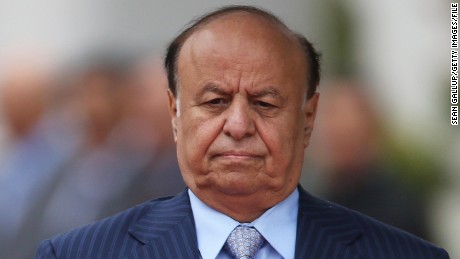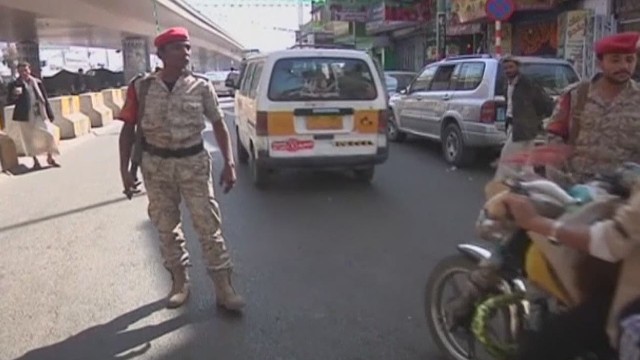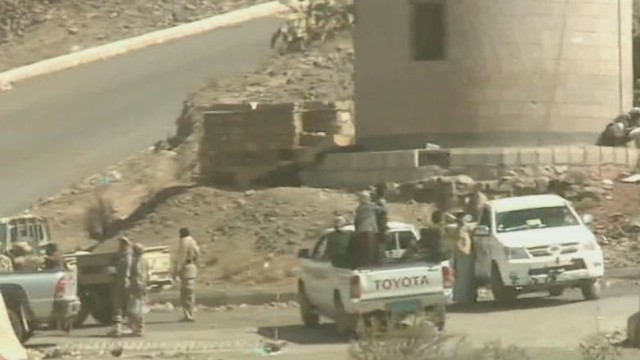Reports of heavy rocket artillery firing on the eastern parts of the city of Mariupol, Ukraine, as well as a statement made by a separatist leader, indicate the potential preparation of an offensive on the city. While this would be a significant escalation and an indicator of Russian intent to push further into Ukraine, potentially forming a much-rumored land connection to the northern border of Crimea, there are also several indicators required for such an offensive that are currently still missing.
The widespread use of Grad Multiple Launch Rocket Systems indicates that this is a planned action with significant logistical support that it involves extensive use of Russian troops, though Grad fire has been widely used throughout the conflict. There have been indications that Russian forces, including Russian Marines, have moved into the eastern Ukraine pocket controlled by pro-Russian forces, giving the Russians offensive options. Heavy artillery preparations frequently precede Russian attacks, particularly by concentrated MLRS attack. Given the amount of munitions needed to supply concentrated fire, the Russians tend not to use them casually. The presence of Grad missiles indicates the possibility of artillery preparation for a broader offensive.
The attack comes days after the Russian forces secured the Donetsk Airport, important in defending the right flank of any offensive westward. It also comes days after Lt. Gen. Ben Hodges, commander of U.S. Army forces in Europe, came to Ukraine and publicly announced that a small number of U.S. Army trainers would be arriving in Ukraine. While any large-scale offensive would have been considered and planned for much longer, the decision of the United States to send Lt. Gen. Hodges could have affected the dynamic of internal Russian calculations.

In any event, we do not yet know Russia’s strategic intentions. This could simply be an attempt to signal the danger Russia could pose to their negotiating partners in the west. It could be an attempt to extend the pocket they hold modestly. It could, finally, be the opening of an offensive toward Crimea.
The Russian position in Crimea is untenable. Crimea is easily isolated should Ukranian forces strengthen or Western forces get involved. Russia holds Crimea only to the extent that the West chooses not to intervene, or to the extent that it extends a relatively wide and robustly defended land bridge from Russia to the Crimea. Crimea and the Sevastapol naval facilities are of strategic importance to Russia and the decision to hold these facilities but not extend their power makes diplomatic sense, though it is not militarily rational. Either Russia can build the geographical structure to support Crimea, or it becomes a permanent weak point in the Russian position. The Russians do not want a massive confrontation with the West at a time of economic dysfunction, yet at the same time, having made the decision to hold Crimea, they will not have a better moment for consolidation.
This is an ongoing conversation in Moscow. It is not clear that it is over. The artillery may simply be a minor probe or it could be the preface to an assault. We know that there has been a significant increase in Russian presence in the pocket, but it does not seem to us that the Russians are logistically ready for a major offensive yet.
Taking Mariupol is a first step to a broader offensive. It is also an end in itself, anchoring the southern flank in the city, though may not even be that. However, the MLRS barrages on Mariupol open the door to multiple avenues of exploitation and have clearly moved the fighting to a new level, not so much in intensity, but in raising serious questions of strategic intention.
Read more: Red Alert: Rocket Fire Could Signal New Offensive on Mariupol | Stratfor
Follow us: @stratfor on Twitter | Stratfor on Facebook


 Sanaa, Yemen (CNN)Yemen's President resigned Thursday night shortly after his Prime Minister and the Cabinet stepped down -- seismic changes in the country's political scene that come just one day after the government and Houthi rebels struck
Sanaa, Yemen (CNN)Yemen's President resigned Thursday night shortly after his Prime Minister and the Cabinet stepped down -- seismic changes in the country's political scene that come just one day after the government and Houthi rebels struck 
